How to Balance Academics and Athletics as a College Soccer Player: Proven Strategies for Success
Being a college soccer player comes with unique challenges. Juggling training, travel, and matches while staying on top of coursework can be overwhelming. Many student-athletes struggle to find the right balance between excelling on the field and succeeding in the classroom. However, with the right strategies and mindset, it is entirely possible to thrive in both areas.
This comprehensive guide shares practical tips from student-athletes, college coaches, and academic advisors to help you effectively manage your dual responsibilities.
The Challenges of Being a College Soccer Student-Athlete
College soccer players face a demanding schedule that includes:
Daily training sessions that require physical and mental stamina.
Travel for away games that often interferes with class schedules.
Academic expectations that involve assignments, exams, and group projects.
Maintaining NCAA eligibility by meeting specific academic requirements.
Balancing these commitments requires discipline, effective planning, and strong support systems.
1. Master Time Management
Time management is one of the most critical skills for college soccer players. Without proper planning, it’s easy to fall behind in schoolwork or feel overwhelmed by athletic commitments.
Effective Time Management Tips:
Use a Planner or Digital Calendar: Keep track of practice schedules, assignment deadlines, and game days to stay organized.
Prioritize Tasks: Focus on urgent and important tasks first. Use tools like the Eisenhower Matrix to categorize priorities.
Create a Daily Routine: Allocate time for studying, training, and relaxation to ensure a well-balanced day.
Take Advantage of Downtime: Utilize travel time for reading, reviewing notes, or working on assignments.
Communicate with Professors: Inform your professors in advance about game-related absences and request early submissions for assignments if needed.
2. Develop Strong Study Habits
Success in the classroom starts with effective study habits. Many student-athletes have limited study time, so maximizing efficiency is key.
Study Strategies for Student-Athletes:
Use the Pomodoro Technique: Study in focused intervals (e.g., 25-minute study sessions with 5-minute breaks) to improve retention.
Study in Groups: Collaborating with teammates or classmates can reinforce learning and keep you accountable.
Record Lectures: If you miss a class due to travel, ask for permission to record lectures or access online materials.
Find a Quiet Study Space: Identify a distraction-free environment, whether it's the library, study lounges, or your dorm room.
Seek Academic Support: Many colleges offer tutoring services, study halls, and writing centers to help student-athletes stay on track.
3. Navigating NCAA Eligibility and Academic Requirements
To maintain NCAA eligibility, student-athletes must meet academic benchmarks.
Key NCAA Academic Requirements:
Maintain a minimum GPA requirement (varies by division).
Complete a set number of credit hours per semester.
Make satisfactory progress toward a degree.
Abide by the institution’s academic policies.
Failing to meet these requirements can lead to suspension from games or loss of scholarship eligibility.
Tips for Staying NCAA-Compliant:
Meet with an Academic Advisor Regularly: They can ensure you are on track to fulfill both degree and NCAA requirements.
Plan Your Course Load Wisely: Avoid overloading difficult courses during the soccer season.
Stay Organized: Keep track of NCAA eligibility rules and deadlines to avoid surprises.
4. Stay Motivated and Focused
Balancing academics and athletics can be exhausting, but maintaining motivation is essential for long-term success.
Ways to Stay Motivated:
Set Clear Goals: Define academic and athletic objectives to keep yourself accountable.
Find a Support System: Surround yourself with teammates, coaches, professors, and family members who encourage you.
Practice Self-Care: Prioritize sleep, nutrition, and mental well-being to avoid burnout.
Stay Connected with Other Student-Athletes: Learning from peers who have successfully balanced both areas can provide valuable insights.
5. Leveraging College Resources for Student-Athletes
Many colleges offer specialized resources to help student-athletes manage their responsibilities effectively.
Utilize Available Support Systems:
Athletic Academic Centers: Many schools have dedicated study spaces for athletes.
Team Study Hours: Some teams schedule mandatory study sessions to reinforce good habits.
Counseling Services: Mental health is just as important as physical health—don’t hesitate to seek support.
Career Development Programs: These can help you plan for post-graduation opportunities in and outside of soccer.
Final Thoughts: Achieving Balance as a College Soccer Player
Balancing academics and athletics as a college soccer player requires careful planning, dedication, and a proactive mindset. By implementing effective time management strategies, developing strong study habits, staying compliant with NCAA eligibility requirements, and leveraging available resources, you can set yourself up for success in both the classroom and on the field.
Upper 90 College Can Help You Succeed
Navigating college soccer while maintaining strong academics can be challenging, but Upper 90 College is here to support you. With expert guidance on recruiting, academic planning, and athletic development, we ensure student-athletes find the best fit for their future.
➡️ Ready to achieve success as a college soccer player? Contact Upper 90 College today to start your journey! (u90college.com.au)

